Haichun Liu
Individual Recognition in Schizophrenia using Deep Learning Methods with Random Forest and Voting Classifiers: Insights from Resting State EEG Streams
Jan 17, 2018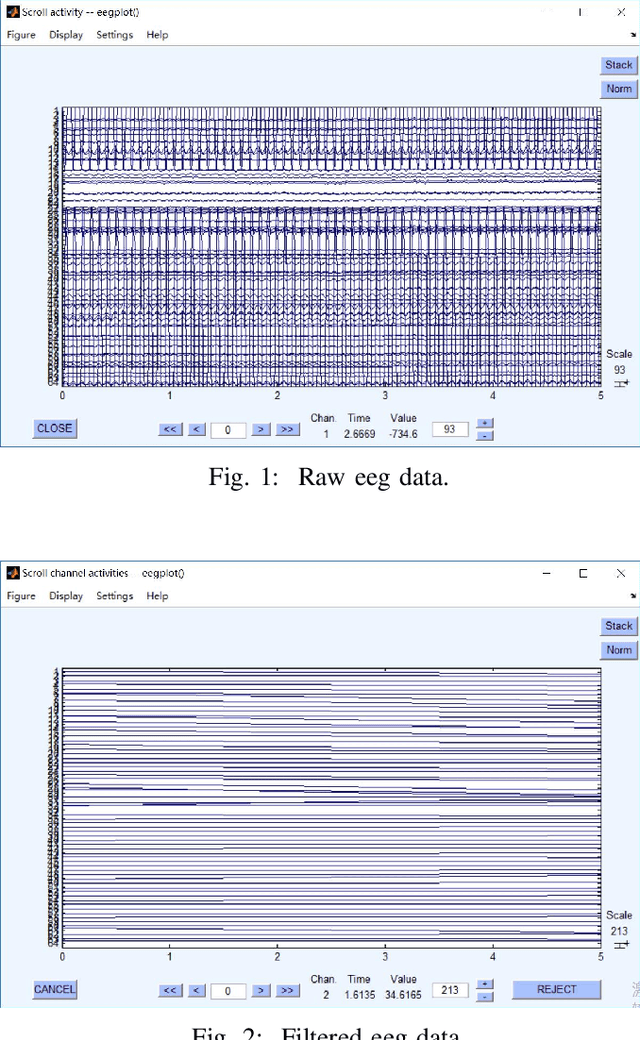

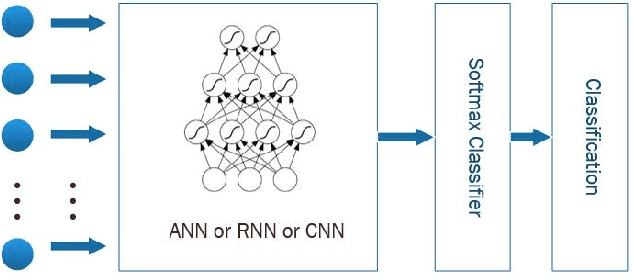
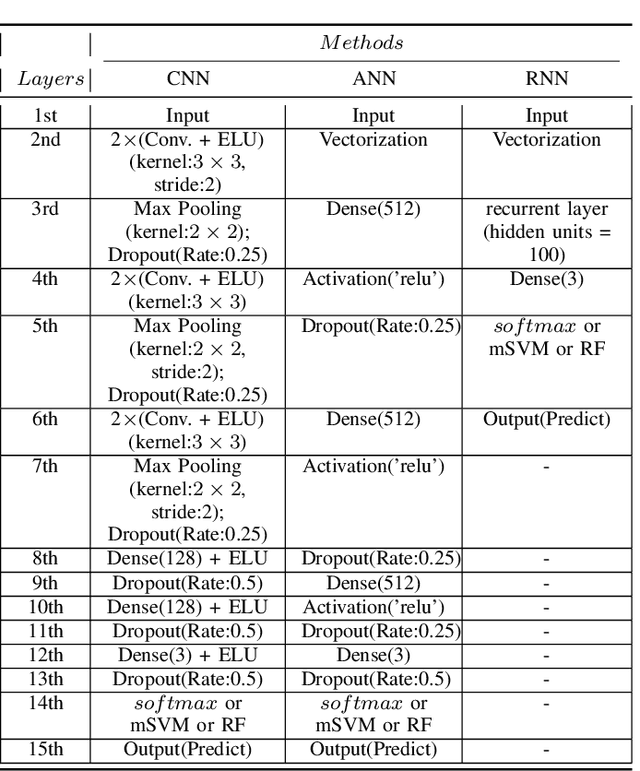
Abstract:Recently, there has been a growing interest in monitoring brain activity for individual recognition system. So far these works are mainly focussing on single channel data or fragment data collected by some advanced brain monitoring modalities. In this study we propose new individual recognition schemes based on spatio-temporal resting state Electroencephalography (EEG) data. Besides, instead of using features derived from artificially-designed procedures, modified deep learning architectures which aim to automatically extract an individual's unique features are developed to conduct classification. Our designed deep learning frameworks are proved of a small but consistent advantage of replacing the $softmax$ layer with Random Forest. Additionally, a voting layer is added at the top of designed neural networks in order to tackle the classification problem arisen from EEG streams. Lastly, various experiments are implemented to evaluate the performance of the designed deep learning architectures; Results indicate that the proposed EEG-based individual recognition scheme yields a high degree of classification accuracy: $81.6\%$ for characteristics in high risk (CHR) individuals, $96.7\%$ for clinically stable first episode patients with schizophrenia (FES) and $99.2\%$ for healthy controls (HC).
An Accurate and Real-time Self-blast Glass Insulator Location Method Based On Faster R-CNN and U-net with Aerial Images
Jan 16, 2018
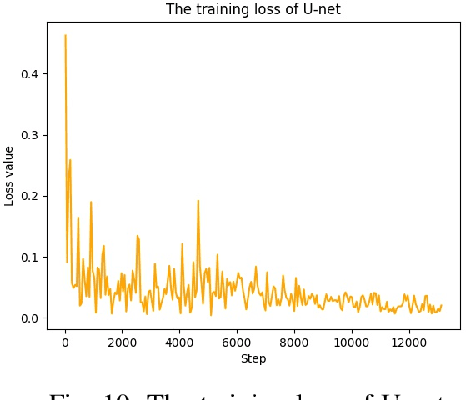
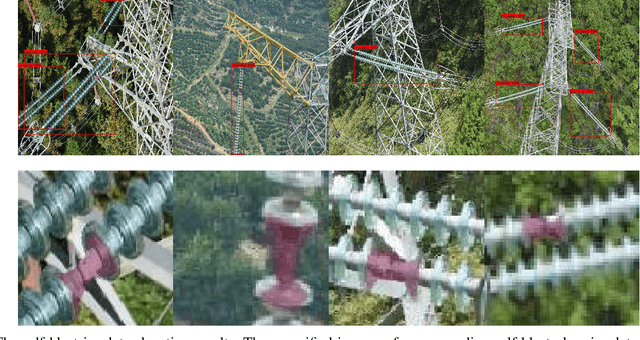
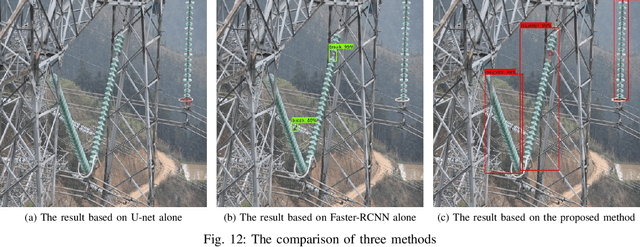
Abstract:The location of broken insulators in aerial images is a challenging task. This paper, focusing on the self-blast glass insulator, proposes a deep learning solution. We address the broken insulators location problem as a low signal-noise-ratio image location framework with two modules: 1) object detection based on Fast R-CNN, and 2) classification of pixels based on U-net. A diverse aerial image set of some grid in China is tested to validated the proposed approach. Furthermore, a comparison is made among different methods and the result shows that our approach is accurate and real-time.
 Add to Chrome
Add to Chrome Add to Firefox
Add to Firefox Add to Edge
Add to Edge